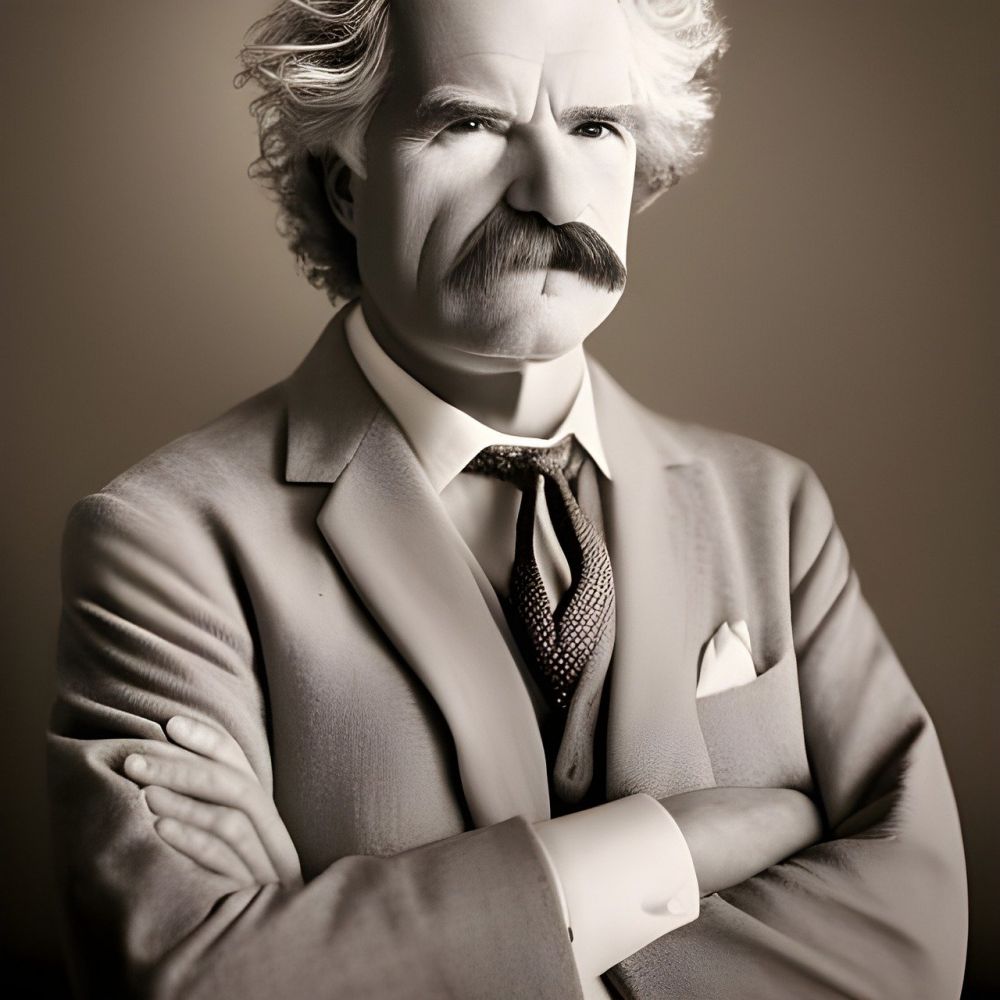Charles Dickens: A Literary Genius and Social Critic

Introduction:
Charles Dickens, born on February 7, 1812, in Portsmouth, England, is one of the greatest literary figures of the Victorian era. His works have left an indelible mark on the world of literature, influencing generations of writers and capturing the hearts of readers with his unforgettable characters and immersive storytelling. In this article, we will delve into the life and works of Charles Dickens, exploring the key aspects that make him a significant figure for anyone interested in literature.
I. The Life of Charles Dickens:

Charles Dickens had a modest upbringing, with his father’s imprisonment for debt influencing his later depiction of social injustices. Despite the financial difficulties his family faced, Dickens showed exceptional literary talent from an early age. His early experiences working in a factory and witnessing social inequalities profoundly impacted his writing, leading him to become a passionate advocate for social reform.
1. Childhood and Education:
Dickens’ childhood was filled with both hardship and imagination. After his father’s release from prison, Dickens attended school briefly before being forced to work in a factory at the age of 12. This experience gave him firsthand knowledge of the harsh conditions endured by the working class, a theme that would dominate his literary works.
2. Rise to Prominence:
Dickens’s literary career began with his first novel, “The Pickwick Papers,” which gained immense popularity and established him as a prominent writer. He went on to publish numerous novels and shorter works, achieving both critical and commercial success throughout his career. Some of his most famous works include “Oliver Twist,” “A Tale of Two Cities,” and “Great Expectations.”
3. Social Criticism and Reform:
One of Dickens’ defining characteristics is his sharp social critique. His novels served as a mirror to the societal problems of his time, shedding light on issues such as poverty, child labor, and the oppressive nature of the class system. Through his literature, Dickens aimed to spark empathy and inspire change, making him a champion for social reform.
II. The Evolution of Charles Dickens’ Works:
Throughout his career, Dickens’ writing style and themes evolved, reflecting the changing social landscape and his personal growth as an author. Here, we will explore the key phases in his writing journey.
1. Early Works: The Dickensian Style Emerges:
In his early novels, Dickens established the distinctive style that would become known as “Dickensian.” He portrayed vivid characters from different social backgrounds, using humor and satire to expose societal vices. Works like “Oliver Twist” and “Nicholas Nickleby” showcased his ability to create memorable characters and evoke powerful emotions.
2. The Socially Conscious Novels:
As Dickens matured as a writer, his novels took on a more somber and socially conscious tone. “Bleak House” and “Hard Times” exemplify his deepening concern for societal issues, as he delved into the corrupt legal system and the dehumanizing effects of industrialization. These works exposed the harsh realities of Victorian society and paved the way for his later masterpieces.
3. Redemption and Optimism:
In the later phase of his career, Dickens explored themes of redemption and personal growth. Novels like “A Tale of Two Cities” and “Great Expectations” showcased characters overcoming adversity and finding hope in the face of darkness. These works highlighted Dickens’ ability to captivate readers while imparting valuable moral lessons.
III. Charles Dickens’ Enduring Legacy:
Charles Dickens’ literary legacy extends far beyond his lifetime. His works continue to resonate with readers of all ages, captivating new generations and inspiring numerous adaptations in various art forms.
1. Influence on Literature:
Dickens’ unique writing style, characterized by vivid descriptions, memorable characters, and compelling narratives, laid the foundation for the modern novel. His exploration of social issues and his realistic portrayal of human emotions set a new standard for storytelling, influencing countless writers who followed in his footsteps.
2. Impact on Society:
Beyond influencing literature, Dickens had a profound impact on society. His works shed light on societal problems that were previously overlooked, forcing people to confront uncomfortable truths. Dickens’ advocacy for social reform and his ability to elicit empathy in readers helped pave the way for significant social changes in Victorian England.
Conclusion:
Charles Dickens, a literary genius and social critic, continues to captivate audiences with his unforgettable characters and timeless stories. From his humble beginnings to his enduring legacy, Dickens stands as a towering figure in the world of literature. Through his works, he transports readers to a bygone era while addressing timeless themes that still resonate today. Dickens’ contribution to the literary canon remains unparalleled, making him an essential figure for anyone interested in exploring the depths of human nature and the power of storytelling.